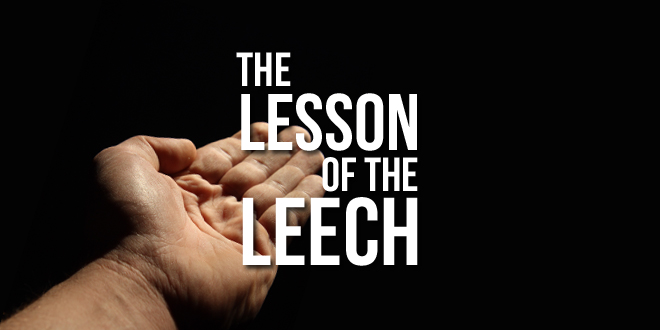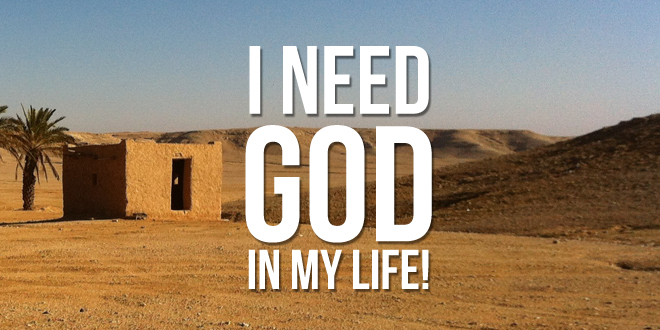Long ago, in the eleventh century, a Jewish man lived in a place called the City of Worms (modern-day Germany). He was a poet. Just after the turn of the century this poet put his quill to the parchment and wrote what is now called the Hadamut. One passage of this poem is so profound that it has lasted until today.
Years later, in the late 1800s, a man in an insane asylum passed away. As his former room was being made ready for the next occupant, the staff found some very interesting scribblings on his walls; it was the passage from the Hadamut, written centuries before.
Frederick Lehman heard the story of the man’s words on the wall. He was so impressed with the passage that it stuck in his mind for years. In 1917, Lehman took the passage, adapted it, and added two verses in front of it to create a hymn. Here’s that original third verse:
Could we with ink the ocean fill, and were the skies of parchment made, were every stalk on earth a quill, and every man a scribe by trade, to write the love of God above would drain the ocean dry. Nor could the scroll contain the whole, tho’ stretched from sky to sky.
The love of God is amazing. In 1 John, the Holy Spirit uses the apostle of love to make us more acquainted with God’s amazing love. He informs us that love is part of God’s essential nature, because God is love (1 John 4:7). He shows us that love in a physical manifestation – the Son of God dying on the cross for the sins of the world (1 John 4:10). What are we to do with this kind of love? How do we respond to it?
The Holy Spirit shows us exactly what the love of God should mean to us when He, through John’s pen writes, “Beloved, if God so loved us, we also ought to love one another” (1 John 4:11).
No one, having experienced the love of God, can keep that love bottled up. It is designed to be shared. True love is expressive; it expresses itself in service to others. We show the love of God to others by the love that we share with them (1 John 4:12). We prove that we have a relationship with God by the love that we have within us (1 John 4:16). The late Guy N. Woods wrote, “Love is the one characteristic of the Christian religion which it is impossible to counterfeit.” So true!
Let’s wrap it up: Tomorrow, Valentine’s Day, there will be a lot of attention placed on love. It’s a nice time to think about the people you love and to focus on that love that you share. But let’s use this opportunity to remind ourselves that love is more than boxes of candy and flowers. It’s more than date nights at great restaurants. Love is of God. When we show love to others, we are showing them a part of the godliness that dwells within us. That love you show someone else just might bring them closer to God in heaven. May others see our love and know that we’re Jesus’ disciples.
[divider]
 This is a partial transcript from my weekday podcast, The New You, where we focus on maintaining and accentuating the new that Christ created in each of us as Christians. A new episode is available each Monday through Friday on The Light Network. Click here to see all of the episodes.
This is a partial transcript from my weekday podcast, The New You, where we focus on maintaining and accentuating the new that Christ created in each of us as Christians. A new episode is available each Monday through Friday on The Light Network. Click here to see all of the episodes.





















